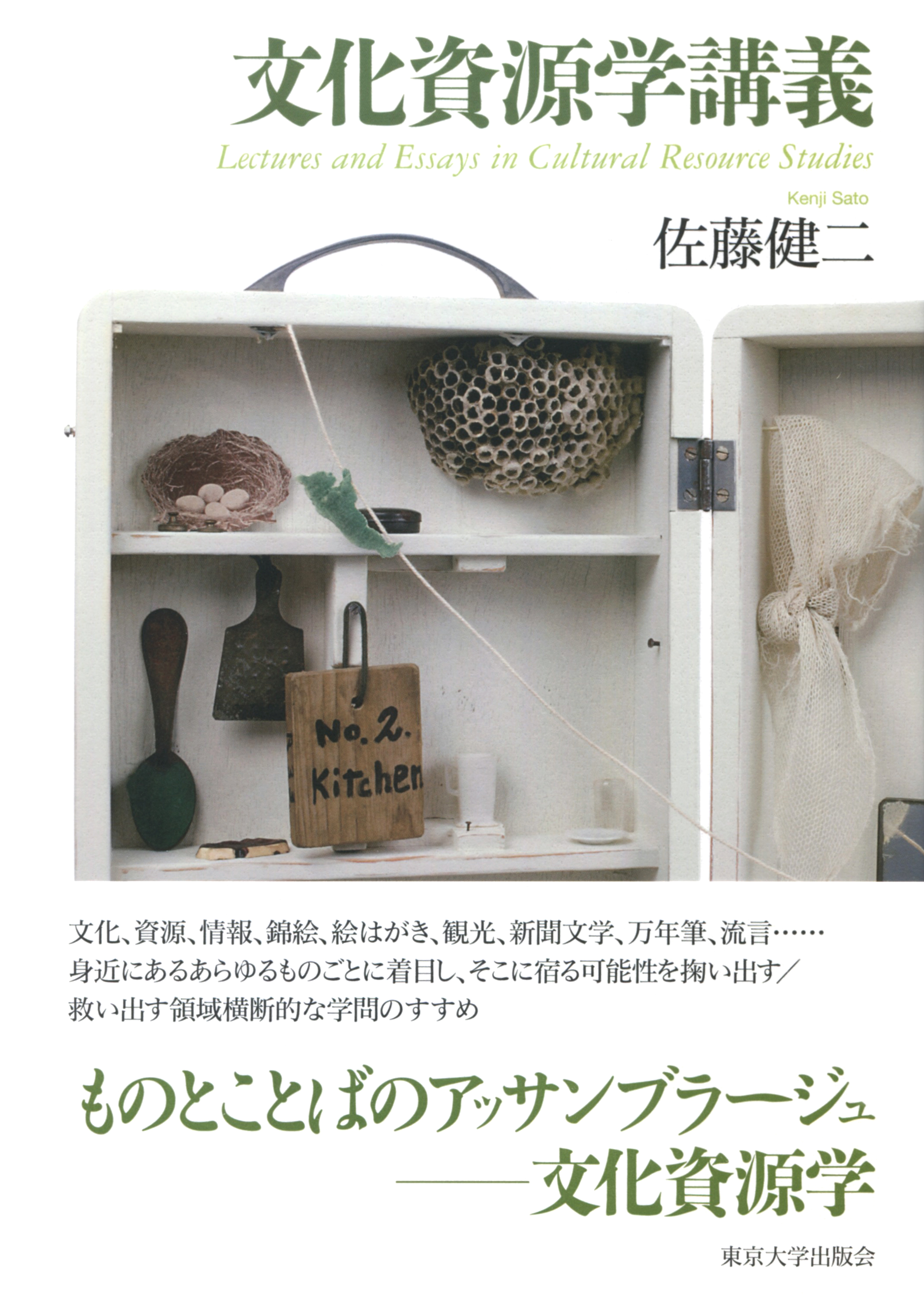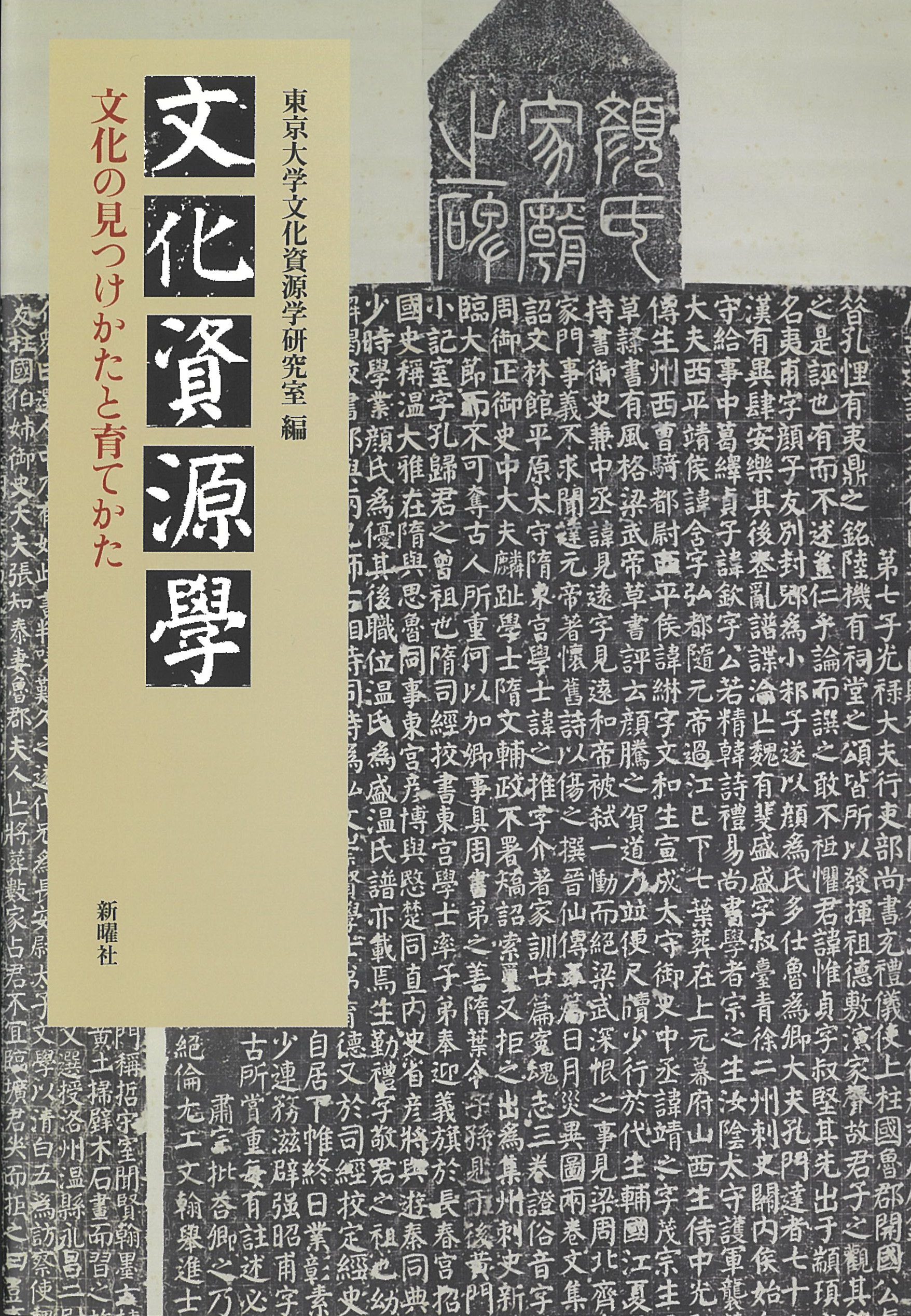
Title
Syakai no Kaidoku-ryoku (Bunka hen) (Deciphering Society [Culture] - Reflections of a Culture in Formation)
Size
256 pages, A5 format
Language
Japanese
Released
March 19, 2022
ISBN
9784788517585
Published by
Shinyosha
Book Info
See Book Availability at Library
Japanese Page
This book is a commemorative compilation of papers marking the March 2022 retirement of Professor Satō Kenji (currently professor emeritus at the University of Tokyo).
Since its establishment as an academic science at the end of the 19th century, sociology has faced two challenges: what subjects to study and how to study those subjects. Unlike other fields, such as politics, economics, ideology, literature, and language, society has contours and images that fail to coalesce into a clear picture, instead changing dramatically with every time and place. The term “sociology” literally means the study (ology) of society (socio), but society is a puzzling entity that is difficult to grasp.
In the foreword to this book, Professor Satō touches upon sociology’s dual aspects in undertaking the task of “deciphering society.” First, he points out that “deciphering society” implies that the sociologist observes society as an “object” comprising things, organizations, institutions, places/situations, and games, the mechanisms of which can be explained and elucidated. Second, the sociologist may also perceive society as a “method” of acquiring knowledge that will explain various phenomena. Sociology, in other words, uses the concepts and theories defining society—that is society’s objects, organizations, institutions, places/situations, and games—to empirically explore our everyday experiences and social phenomena. If this is to be expressed in terms of the duality of sociology referred to earlier, then the former can be termed “society as object” and the latter, “society as method.”
This book, Deciphering Society: Culture, is intended as a sister volume to another commemorative compilation of papers, Deciphering Society: History. Sociology is an assemblage of “hyphenated sociologies” (Bindestrich Soziologie) named after their various areas of focus, such as family sociology, industrial sociology, urban sociology. In this regard, this book can be classified as belonging to the field of cultural sociology. As you can see by this book’s table of contents, however, the sociology of culture can be further broken down into diverse elements. When discussing culture as a sociology, we are compelled to explain what culture is (object) and how to analyze it (method). In the course of discussing individual cultural phenomena in this book, each author addresses the question of what exactly the individual phenomenon under study is and how it should be discussed in each case.
Please look at the table of contents again. You will see a great variety of phenomena listed, including the body, opera, media, film, movements, ideas and theories. By reading this book, you will come to understand the meaning of these individual cultural phenomena and their character within society. The objective of sociology is to understand a variety of individual phenomena and by doing so, reaffirm the diversity and breadth of society. The appeal of this book is the concrete form it gives to this objective.
(Written by DEGUCHI Takeshi, Professor, Graduate School of Humanities and Sociology / 2023)



 Find a book
Find a book





